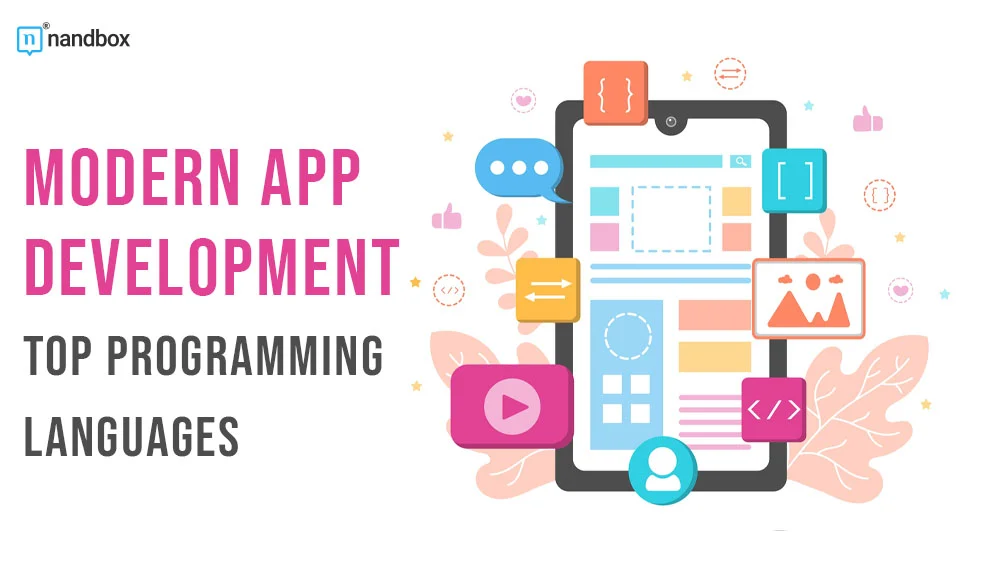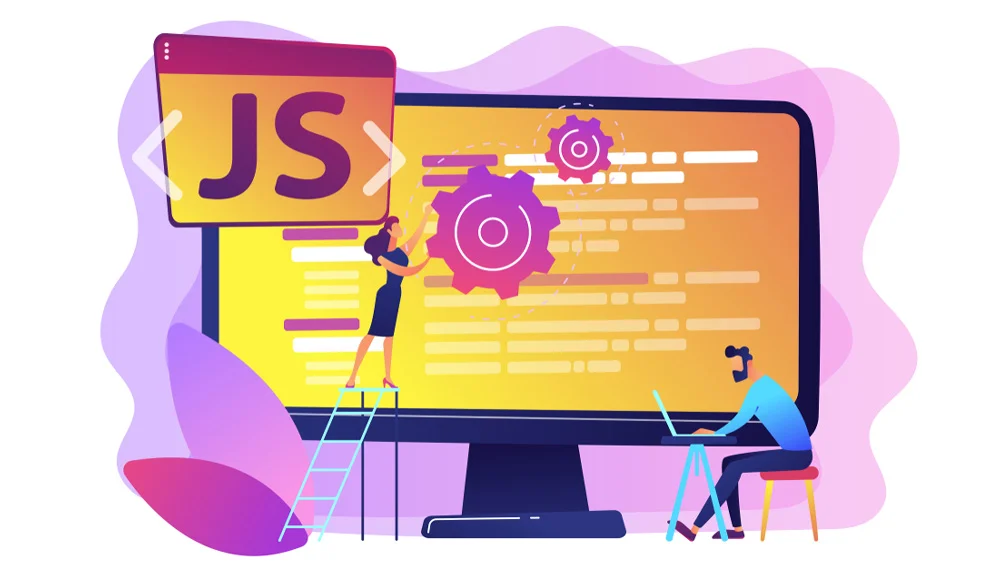In the rapidly evolving world of app development, choosing the right programming language is crucial for the success of a project. Modern app development is one of the top enhancements that we are experiencing in today’s digital landscape. From robust enterprise applications to sleek mobile apps, the landscape is diverse and dynamic. This article explores the most popular programming languages in 2024, including their unique advantages and use cases in modern projects.
Delphi: The Reliable Professional System
Delphi is a powerful, reliable, and professional system known for its rapid application development capabilities. It offers robust support for Windows applications and embedded systems, making it a valuable tool for developers in these niches. Delphi’s modern Integrated Development Environment (IDE) and rich component library ensure efficient and high-quality software development.
Key Advantages:
- Rapid Development: Visual design tools and robust frameworks accelerate development.
- Windows Integration: Excellent support for Windows APIs and services.
- Professional System: Trusted by developers for its reliability and efficiency in creating high-performance applications.
Python: The Versatile Workhorse
Python continues to dominate the programming world and among Python recruiters agencies due to its versatility and simplicity. Known for its readability and ease of use, Python is ideal for web development, data analysis, artificial intelligence, and more. It boasts a strong community and a plethora of libraries, making it a favorite among developers for various applications.
Key Advantages:
- Ease of Learning: Python’s straightforward syntax makes it an excellent choice for beginners.
- Versatility: Used in web development (Django, Flask), data science (Pandas, NumPy), and machine learning (TensorFlow, PyTorch).
- Strong Community Support: Extensive resources and active forums aid in problem-solving and learning.
JavaScript: The Web Development Powerhouse for Modern App Development
JavaScript remains indispensable for web development, allowing developers to create interactive and dynamic web pages. With frameworks like React, Angular, and Vue.js, JavaScript enables the development of rich front-end experiences. Additionally, Node.js has expanded JavaScript’s capabilities to server-side development, making it a full-stack language.
Key Advantages:
- Full-Stack Development: Node.js allows for JavaScript to be used on both the client and server sides.
- Vast Ecosystem: Rich libraries and frameworks enhance functionality and speed up development.
- Community and Resources: A large community and extensive documentation provide robust support.
Java: The Enterprise Staple
Java’s stability and scalability have made it a cornerstone in enterprise environments. Its platform independence and extensive libraries are ideal for large-scale systems, Android app development, and backend services. Java’s “write once, run anywhere” philosophy ensures cross-platform compatibility.
Key Advantages:
- Platform Independence: Runs on any device with the Java Virtual Machine (JVM).
- Scalability: Ideal for large-scale applications.
- Mature Ecosystem: Extensive libraries and frameworks (Spring, Hibernate) support robust application development.
C#: The Microsoft Ecosystem Hero
C#, developed by Microsoft, excels in developing Windows applications, games, and enterprise software. Integrated with the .NET framework, C# provides a comprehensive set of libraries for various types of applications, from desktop to web to mobile.
Key Advantages:
- Game Development: Widely used with Unity for creating games.
- Enterprise Solutions: Robust tools for business applications.
- Integration with Microsoft Tools: Seamless use of Visual Studio and Azure services.
Swift: For iOS Modern App Development
Swift is Apple’s preferred language for iOS, macOS, watchOS, and tvOS development. With its clean syntax and modern features, Swift ensures safety and performance, making it easier to develop efficient and user-friendly applications for Apple devices.
Key Advantages:
- Modern Syntax: Swift is concise and expressive, reducing code complexity.
- Performance: Swift is designed for performance, often outperforming Objective-C.
- Safety Features: Reduces common coding errors and enhances security.
Kotlin: The New Standard for Android
Kotlin, endorsed by Google, has become the go-to language for Android app development. It offers concise syntax, null safety, and full interoperability with Java, making it a powerful tool for modern Android applications.
Key Advantages:
- Conciseness: Reduces boilerplate code, making development faster and more efficient.
- Interoperability: Seamlessly integrates with existing Java code.
- Modern Features: Null safety and smart casts improve code reliability.
React Native and Flutter: Cross-Platform Champions
For developers aiming to target both iOS and Android platforms, cross-platform frameworks like React Native and Flutter have become essential. React Native, powered by JavaScript, and Flutter, using Dart, allow developers to build high-performance mobile apps from a single codebase.
Key Advantages:
- Code Reusability: Write once, deploy on both iOS and Android.
- Cost-Efficiency: Reduces development time and costs.
- Strong Communities: Active communities provide extensive resources and support.
Rust: Safety and Performance
Rust is gaining popularity for its emphasis on safety and performance. Particularly suitable for system-level programming and performance-critical applications, Rust ensures memory safety without a garbage collector, making it a robust choice for developing high-performance applications.
Key Advantages:
- Memory Safety: Prevents common bugs and security issues.
- Performance: Comparable to C and C++, making it ideal for performance-critical tasks.
- Concurrency: Designed for safe concurrent programming.
Each language has its strengths. By understanding these advantages, developers can make informed decisions and leverage the best tools to create innovative and impactful applications.
Stay updated with the latest trends and continue learning to navigate the ever-evolving tech landscape effectively. Happy coding!




